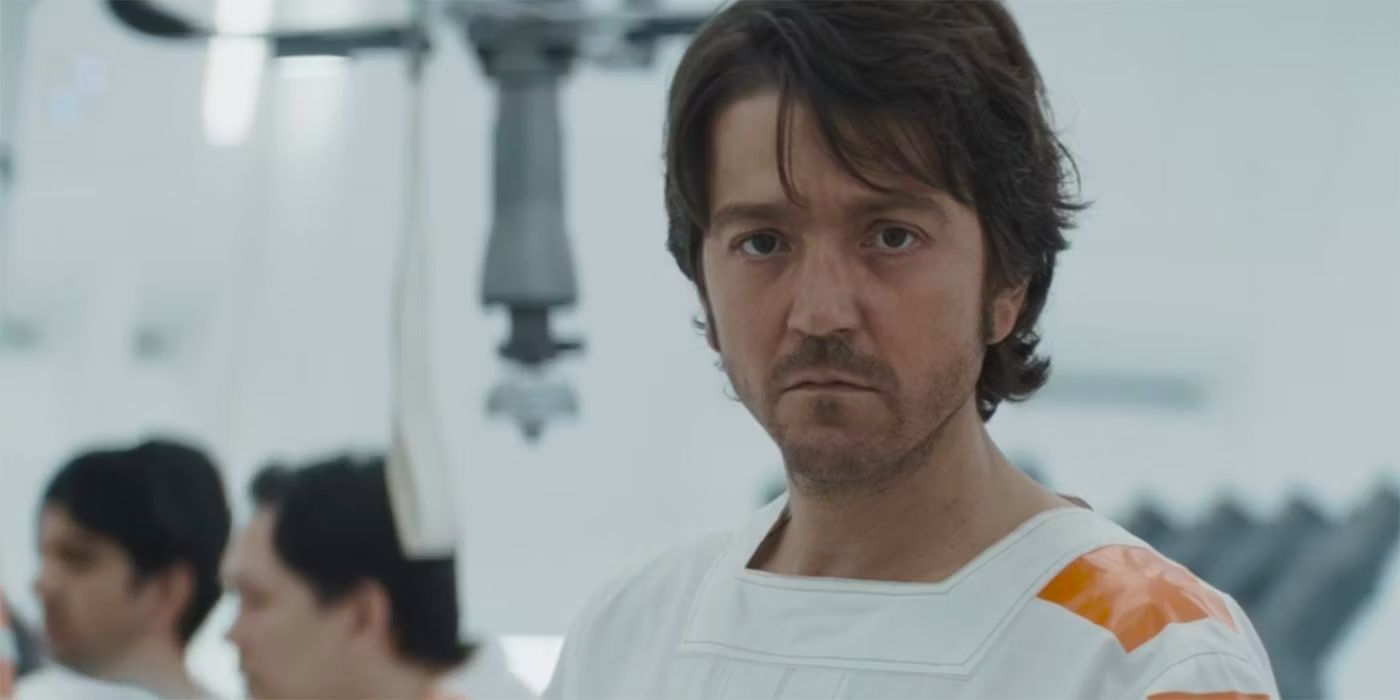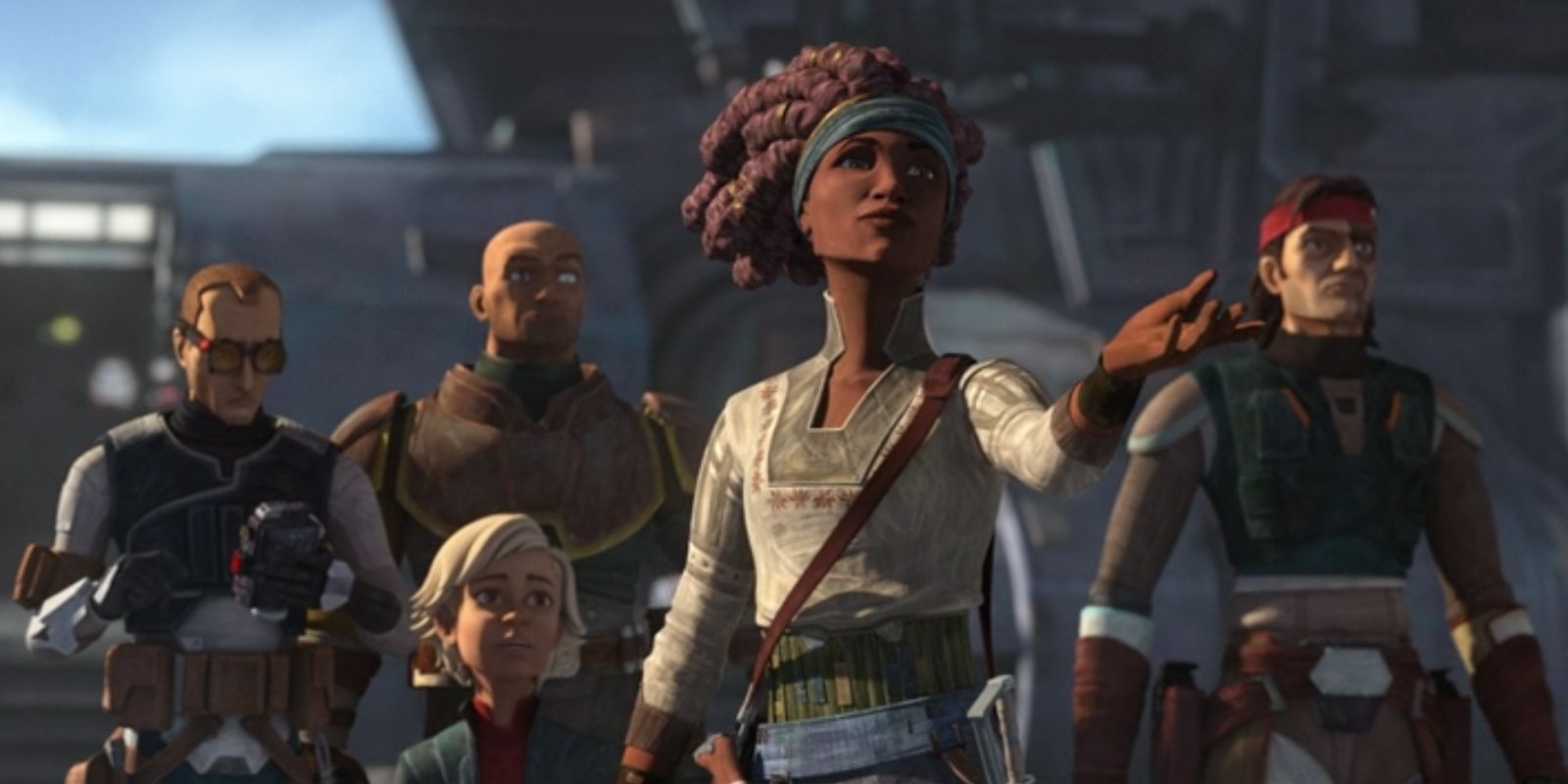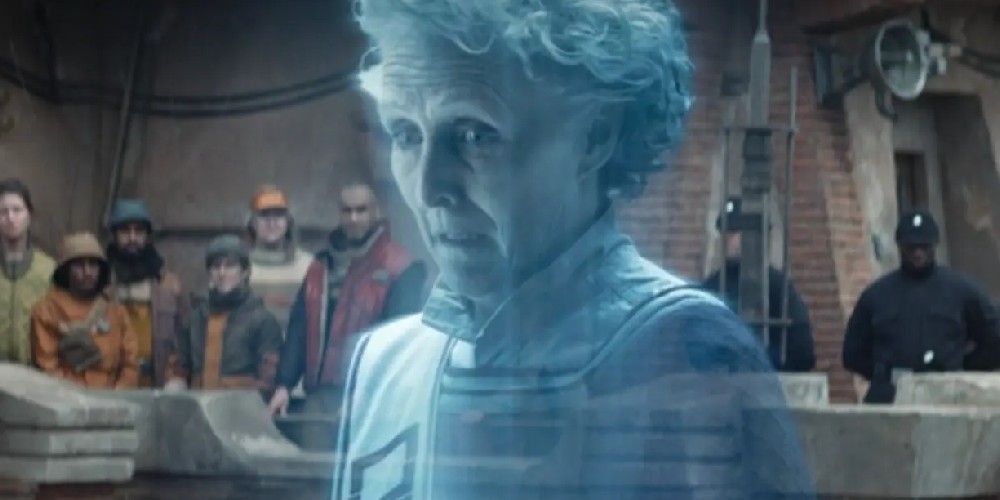As awards season campaigns get underway, Lucasfilm and Disney likely hope their 12-hour study of oppression and revolution gets a nomination beyond the usual technical categories. If the Television Academy voters are like many disaffected Star Wars fans, they may think Andor is the best of the franchise since their favorite movie from childhood. Yet, this is less about the show itself and more about what the franchise is and who it's for.
While the series admittedly got off to a slow start in terms of fan interest, eventually, Andor became a cultural moment for Lucasfilm. The series didn't capture the zeitgeist like Baby Grogu on The Mandalorian. It did, however, send a clear signal to fans that this show was different. The harshest critics of Star Wars since Disney took over did not expect the toy-selling franchise to deliver this story. Tony Gilroy and the other storytellers provided how oppression foments rebellion and the costs paid by those early revolutionaries. However, despite the claims of disaffected fans, Andor isn't "better" (or "worse") than other recent Star Wars fare, from The Bad Batch to Obi-Wan Kenobi. While it is excellent, it's the first time the franchise grew up with those fans. Star Wars is and always has been, for kids. Andor takes themes present in the saga and repackages them for adult fans who didn't realize the politics were always the point.
Star Wars Is Made for the Little Kids of Every Generation
When George Lucas changed cinema with Star Wars: A New Hope in 1977, he made a space fantasy for the children of the day. Yet, by the time credits rolled on Return of the Jedi, fans not entirely put off by Ewoks started to see the subtle political messaging throughout. When Lucas returned to the universe for the prequel trilogy, he increased the political quotient of the storytelling. However, the movies were still morality tales for children about how fear turns good people into authoritarians. While the sequel trilogy felt like the least political of the trilogies, it was still aimed directly at kids. What makes many fans disaffected with Star Wars is that it remains for children instead of growing up with them.
The prequels and, mainly, the sequels contained several elements for adult fans, from subtle commentaries to outright nostalgia. However, because those movies were made for a different set of children than the originals, the fans who grew up with the franchise were upset it didn't follow them into maturity. So, while The Mandalorian and other new stories continued to thread that all-ages needle, Andor was the first series explicitly for adults. It was the first "new" Star Wars made for these disaffected fans tired of "kids' stuff." Disney's sequel films' biggest mistake, arguably, was trying too hard to appeal to both demographics.
Andor Is Great, but Not Thematically Different from Star Wars' Shows for Kids
Andor is not the first time Star Wars has gotten political; rather, an anti-authoritarian message has been baked in since the beginning. Another 2022 Disney+ series dealing with the encroaching oppression of the Empire, exploitation of workers and other themes was a children's cartoon. The Bad Batch was Andor for kids throughout most of Season 2. A year after its debut, one of the most memorable things about Obi-Wan Kenobi was how the traumatized Jedi Master woke up and how the Empire was hurting the galaxy. "F the Empire" is a mood running throughout all of Star Wars right now, but only Andor wanted to spell out the curse word.
Rather than graphic dismemberment by a lightsaber or scantily-clad aliens, "Star Wars for adults" is a story like Andor. Sure, like Obi-Wan, the sequels may not have been "brave enough for politics," but they were still a morality tale about family, destiny and belonging for modern children. Fans who wanted something more mature found what they were looking for in Cassian's story. It examines how the light side heroes were able to win their war of the revolution, and it's because people made morally questionable decisions. Luthen doesn't just share his dreams with ghosts but also with countless Star Wars fans ready for their favorite saga to grow up.



